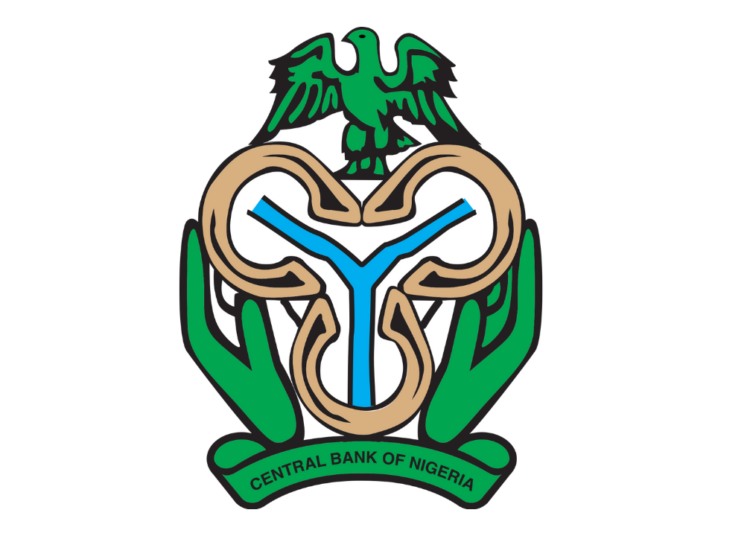The Central Bank of Nigeria (CBN) has reiterated confidence in the country’s macroeconomic outlook, insisting that its recent decision to reduce the Monetary Policy Rate (MPR) by 50 basis points will stimulate growth without undermining the naira’s stability.
Speaking in an interview on TVC, the director of Monetary Policy at the apex bank, Dr Victor Oboh, explained that the cut was carefully designed to ease borrowing costs for small businesses and households, while Nigeria’s strong external buffers and stable exchange rate would prevent capital flight.
He also pointed to fresh policy measures, including a new 75 per cent Cash Reserve Ratio (CRR) on non-TSA (Treasury Single Account) public sector deposits, designed to mop up excess liquidity that could otherwise stoke inflationary pressures.
“We expect the rate cut of 50 basis points to impact the real economy significantly. This cut should support economic recovery, particularly by lowering borrowing costs, with credit channelled towards growth-enhancing sectors. We expect small businesses and similar enterprises to benefit.”
He dismissed concerns that easing monetary conditions could weaken the naira. According to him, the local currency remains resilient with foreign reserves above $43 billion, stable exchange rates, narrowing spreads between official and parallel markets, and strong capital inflows from remittances and portfolio investors. “We do not expect any adverse impact of the rate cut on the strength of the naira. Our fundamentals are robust,” he stressed.
On how the CBN intends to keep inflation in check despite the rate cut, Oboh highlighted fiscal and structural measures such as increased agricultural output, improved security in farming communities, and competitive dynamics in the downstream petroleum sector, which have begun to ease transport costs.
“The harvest season will also soften inflation. The prevailing rate continues to attract foreign inflows from portfolio investors and remittances, with good liquidity in the FX market. We don’t expect the rate cut to affect the strength of the naira.
Still on inflation taming and the decision to subject non-TSA public deposits to a 75 per cent CRR, he said: “A key measure was subjecting all non-TSA public deposits to a 75 per cent CRR, to control excess liquidity that may pose an inflation threat, which could fuel inflation. These decisions encourage economic recovery; conversely, we are not oblivious to the risks and threats to inflation.
While acknowledging that households struggling with high living costs might not feel the impact immediately, Oboh said that the monetary transmission process is already underway. “When the MPR is lowered, borrowing costs for banks are reduced. If commercial banks can access funds more cheaply, they are expected to lower lending rates to households and businesses. Lower borrowing costs will cut production costs, reducing product prices. This will increase purchasing power and help households cope with the cost of living,” he noted.
Oboh explained that the CBN’s latest action also aligns with the global wave of monetary easing. He cited recent decisions by the US Federal Reserve and the Bank of Ghana, which cut rates by 300 basis points, as evidence that monetary authorities worldwide are prioritising growth and job creation amid easing inflation.
“The MPC reviewed global trends, “We are aware of the global uncertainties around tariff, trade wars and the rest of them and that is what the governor meant when he said he is very cautious about what happens at the global level. MPC also took cognizance of recent monetary policy decisions taken by many central banks and also our peers at the global level. Many major central banks are cutting rates to stimulate growth and jobs. The US recently cut rates, and Ghana reduced its MPR by 300 basis points. Our own rate cut will not threaten capital inflows because Nigeria’s rate remains high and attractive.”





